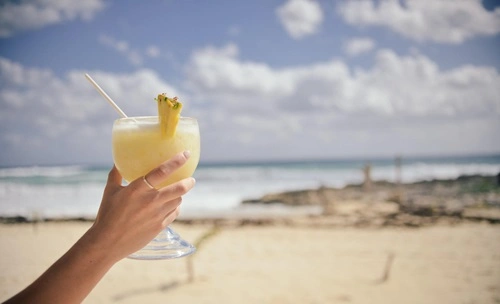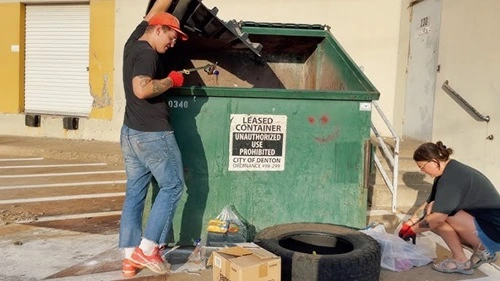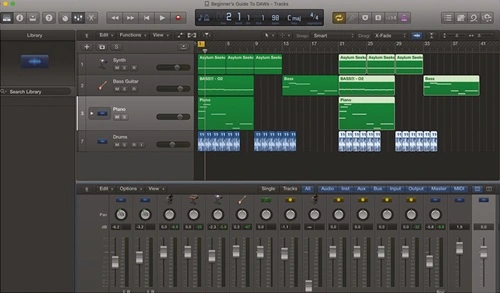Yes, in many places in the United States, it is illegal to drink alcohol on the beach, but this depends on local and state laws. While some beaches permit alcohol consumption, most have specific restrictions or outright bans to maintain public safety and cleanliness. Failing to comply with these regulations can lead to fines, citations, or even arrest in certain situations.
Laws Governing Alcohol on Beaches
1. Local Regulations
- The legality of drinking on the beach often depends on the rules set by the city, county, or municipality. For example:
- California: Alcohol is prohibited on most public beaches, such as those in Los Angeles and San Diego, but some exceptions exist, like private or designated event areas.
- Florida: Drinking is allowed on certain beaches, such as Cocoa Beach, but restricted or prohibited on others, like Miami Beach.
- Texas: Some beaches, like those in Galveston, permit alcohol consumption but impose rules against glass containers.
2. State Laws
- State laws may also govern alcohol consumption in public spaces, which often include beaches. In most states, public consumption of alcohol is illegal unless otherwise specified by local laws.
3. Open Container Laws
- Many states and municipalities enforce open container laws, which make it illegal to possess or consume alcohol in open containers in public areas, including beaches.
4. Special Permits and Events
- Certain beaches allow alcohol during permitted events, such as weddings or festivals, but consuming alcohol outside of these permitted contexts may result in fines.
Reasons for Alcohol Restrictions on Beaches
1. Public Safety
- Alcohol consumption can lead to reckless behavior, including accidents or conflicts, which can pose risks to beachgoers.
2. Environmental Concerns
- Glass bottles, cans, and other alcohol-related waste can harm wildlife and pollute the environment.
3. Preservation of Family-Friendly Spaces
- Many beaches aim to maintain a family-friendly atmosphere by prohibiting alcohol consumption.
Consequences of Drinking on Prohibited Beaches
1. Fines and Citations
- Violating alcohol laws on beaches typically results in fines, which can range from $50 to $500 depending on the location and severity of the offense.
2. Confiscation of Alcohol
- Law enforcement officers may confiscate alcohol if it is being consumed in a restricted area.
3. Arrest for Disorderly Conduct
- Drinking alcohol can sometimes lead to behavior that results in charges of disorderly conduct or public intoxication.
4. Increased Enforcement During Holidays
- On busy days, such as July 4th or Memorial Day, law enforcement may increase patrols and issue citations more frequently.
Beaches That Permit Alcohol Consumption
1. Designated Alcohol-Friendly Beaches
Some beaches in the U.S. allow alcohol consumption, often with specific rules. Examples include:
- Panama City Beach, Florida (certain areas and times of the year).
- South Padre Island, Texas.
- Kehoe Beach, California (restrictions apply).
2. Private Beaches
Drinking is generally permitted on private beaches, as they are not subject to public open container laws.
Tips for Legal Alcohol Consumption on Beaches
1. Check Local Laws
- Always review the specific regulations for the beach you plan to visit. Rules may vary within the same state or even the same county.
2. Opt for Permitted Areas
- If drinking is allowed, ensure you stay within designated areas and follow any posted rules, such as restrictions on glass containers.
3. Dispose of Waste Properly
- Use recycling bins and trash cans to prevent littering and protect the environment.
Related FAQs
Q1. Can I bring alcohol to a beach with no restrictions?
Ans: Yes, but you should still follow specific rules, such as avoiding glass containers or cleaning up after yourself.
Q2. Is it illegal to drink alcohol in a parked car on the beach?
Ans: Yes, in most cases. Open container laws typically apply to vehicles, even if parked.
Q3. Can I get arrested for drinking on a restricted beach?
Ans: While minor infractions often result in fines or warnings, disorderly conduct or public intoxication can lead to arrest.
Q4. Are there exceptions for tourists?
Ans: No, tourists are subject to the same rules as residents and can face penalties for violations.
Q5. Are there beaches where alcohol is completely unrestricted?
Ans: Rarely. Even alcohol-friendly beaches often impose rules regarding behavior, container types, and cleanup responsibilities.
Conclusion
Drinking on the beach is illegal in many areas across the United States, but some beaches do permit alcohol consumption under specific conditions. To avoid fines or other legal issues, always check the rules for the beach you plan to visit and adhere to any restrictions. Understanding local laws can help you enjoy your beach outing responsibly and legally.


